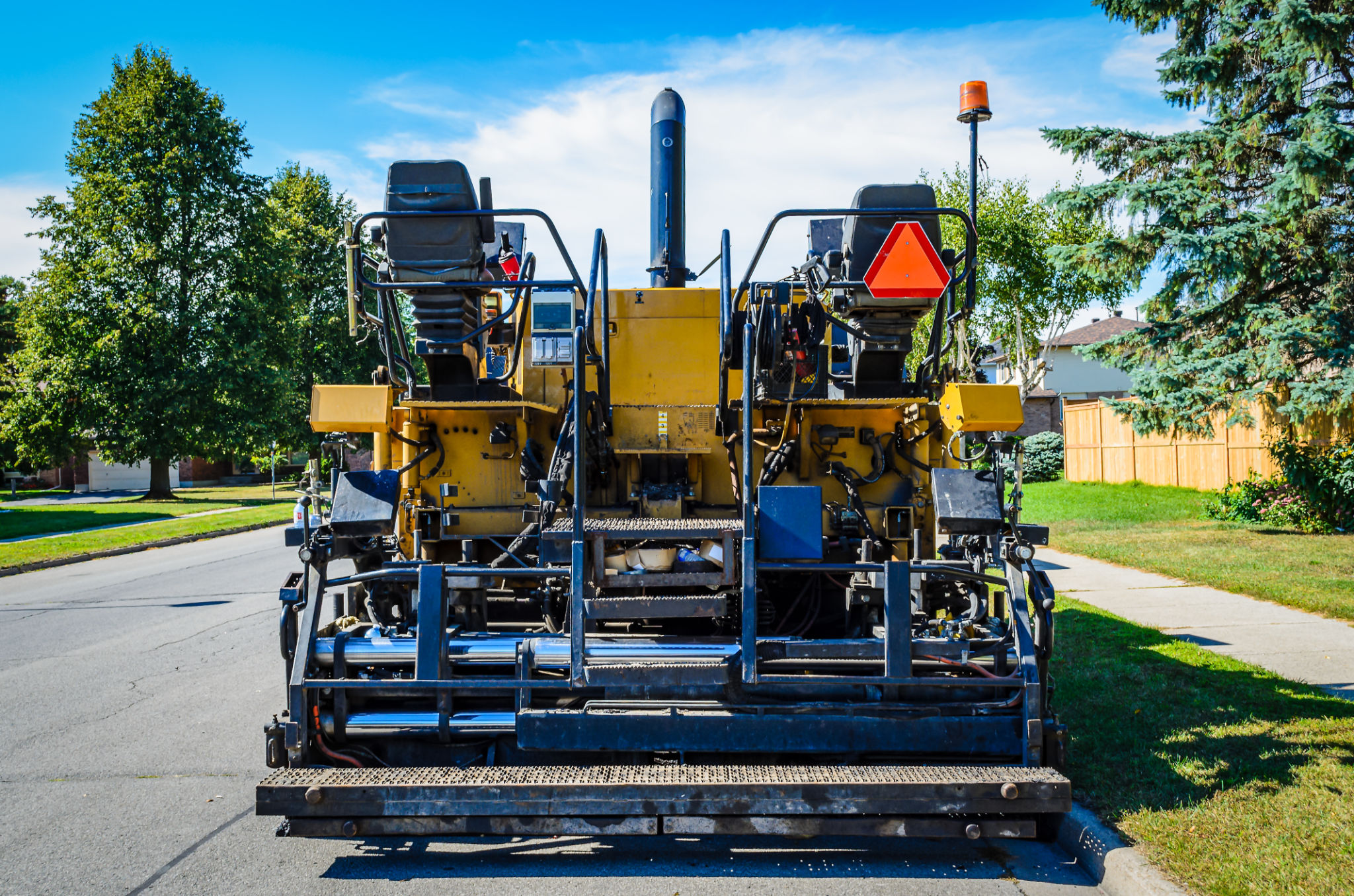5 Common Myths About Commercial Paving Debunked
Understanding Commercial Paving
Commercial paving is a critical aspect of infrastructure that often goes unnoticed until it requires attention. Despite its importance, several myths about commercial paving persist, leading to misunderstandings and misinformed decisions. In this post, we will debunk five common myths surrounding commercial paving.

Myth 1: All Paving Materials Are the Same
A common misconception is that all paving materials offer the same quality and durability. In reality, there are significant differences in materials such as asphalt, concrete, and interlocking pavers. Each type has unique properties that make it suitable for specific applications. For instance, asphalt is known for its flexibility and cost-effectiveness, while concrete offers exceptional durability and strength.
Myth 2: Paving Is a One-Time Investment
Many assume that once paving is complete, there's no need for further investment. However, like any other infrastructure, commercial paving requires regular maintenance to ensure longevity. Routine inspections, sealing, and repairs are necessary to prevent costly overhauls in the future. Investing in preventive maintenance can extend the life of your pavement significantly.

Myth 3: DIY Paving Projects Save Money
While DIY projects are popular, tackling commercial paving on your own can be risky and expensive in the long run. Professional paving contractors bring expertise, specialized equipment, and knowledge of local regulations that are crucial for successful projects. Attempting to pave without this expertise can lead to costly mistakes and subpar results.
Myth 4: Paving Can Be Done Anytime
Timing is an essential factor in paving projects. It's a myth that paving can be done at any time of the year without consequence. Weather conditions significantly impact the quality of paving work. Ideal temperatures and conditions are necessary to ensure proper setting and curing of materials. Most professionals recommend scheduling projects during dry and moderate weather conditions.

Myth 5: Paving Is Environmentally Harmful
There's a growing concern that paving contributes to environmental harm. While it's true that traditional methods and materials can have negative impacts, advancements in technology have led to more sustainable options. For example, permeable pavements allow water to pass through, reducing runoff and promoting groundwater recharge. Moreover, recycled materials are increasingly used in paving projects to lessen environmental impact.
By understanding the truths behind these myths, businesses and property owners can make informed decisions about their commercial paving needs. Recognizing the importance of quality materials, regular maintenance, professional expertise, appropriate timing, and sustainable practices will ensure that your paving projects are successful and long-lasting.
